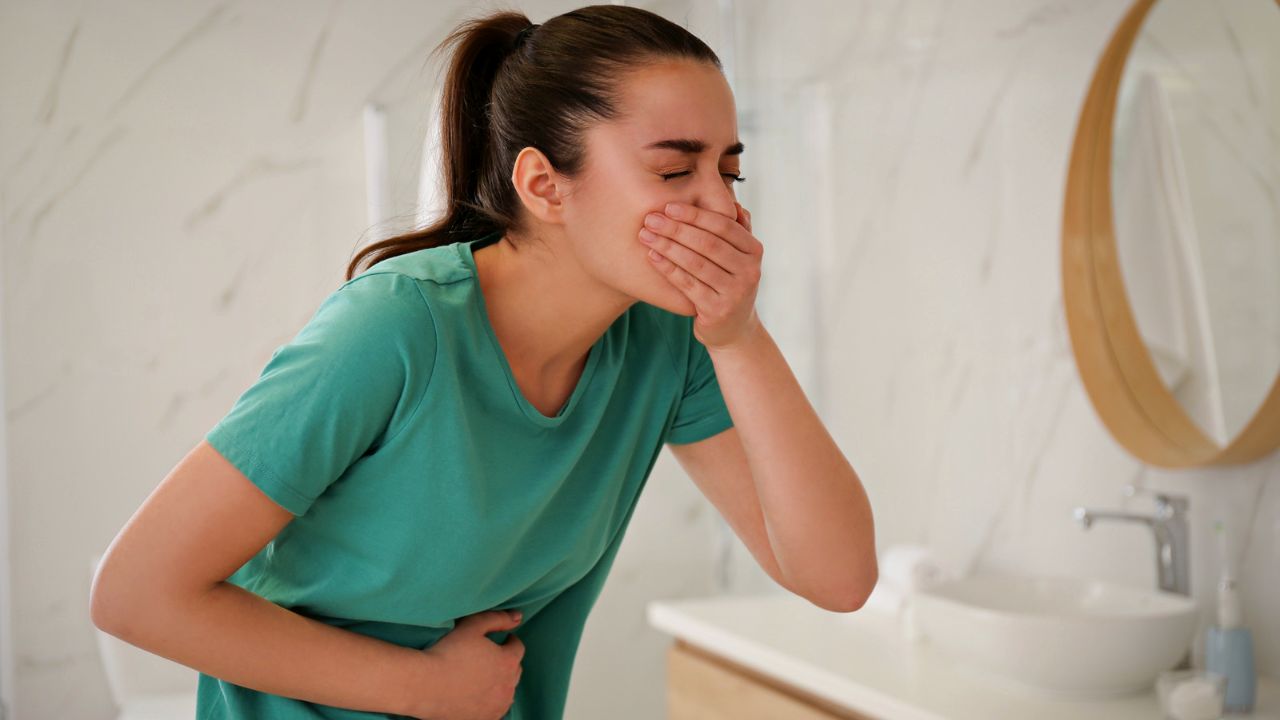
Food Poisoning
How many has it happened that you ate some food, only to face an upset stomach, stomach pain, or diarrhea leading to dehydration? Most of the times, the underlying cause is food poisoning. Food gets contaminated from bacteria, viruses, parasites or different toxins which are infectious and can cause illness. These organisms can attack food at any time, e.g. during production, preparation, handling or cooking.
Most common food poisoning symptoms are nausea, upset stomach leading to vomiting or diarrhea. They occur within hours of eating food that has been infected by any of the infection causing organisms. Most cases of food poisoning resolve as soon as the irritating food passes of the body. Some cases become severe and require hospitalization.
Along with nausea, diarrhea, vomiting, food poisoning also causes pain or cramps in the abdomen. Food poisoning effects last up to 10 days in the human body. Usually, home remedies help clear the symptoms of food poisoning which can be supplemented by over the counter drugs. In extreme cases, food poisoning can lead to fatigue, weakness, dehydration, vomiting blood, blood in stool, severe stomach pain, fever and dizziness due to weakness after long spells of diarrhea or vomiting.
Harmful organisms infect raw foods, foods not handled properly or food that are not cooked properly. Cross contamination i.e. organisms transferring from infected food to uninfected one due to improper handling also causes food poisoning. In our part of the world, food poisoning is more common in summers, when food deteriorates quickly in heat, and becomes a magnet for germs.
Old people, people with weak immune systems, infants, pregnant women, and those with a chronic disease like diabetes have a higher risk of getting food poisoning. People who are going through treatments that weaken the immune system e.g. chemotherapy may also contact food poisoning.
It is necessary to replace fluids lost due to food poisoning as lack of fluids can lead to dehydration and related complexities. Intake of ORS needs to be ensured so that necessary mineral salts are also replaced. Doctors can recommend antibiotics if food poisoning is bacterial.
Home remedies include reducing intake of solid food, especially in the initial few hours. It helps the infection to pass out of the system, without infecting incoming food. Increase fluid intake, but take it in small quantities. Take lots of rest to reduce the effect of weakness. Anti-diarrhea medicines should be avoided as they can hinder with the elimination of toxins, and cause you to suffer longer with food poisoning.
